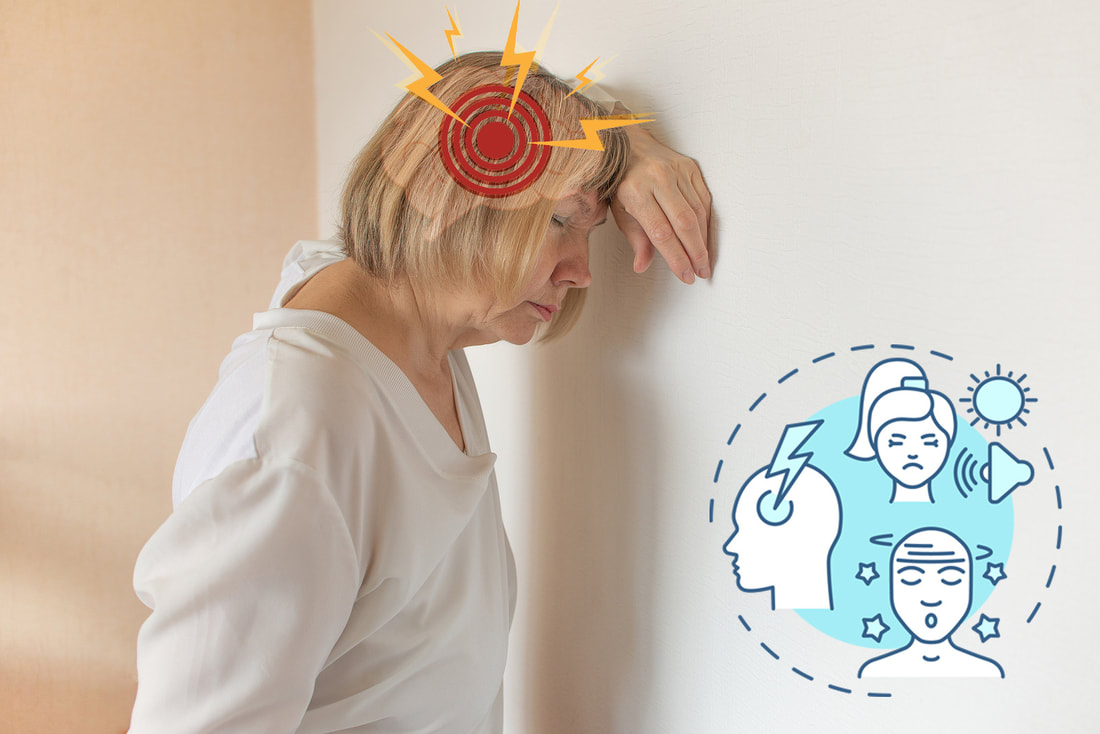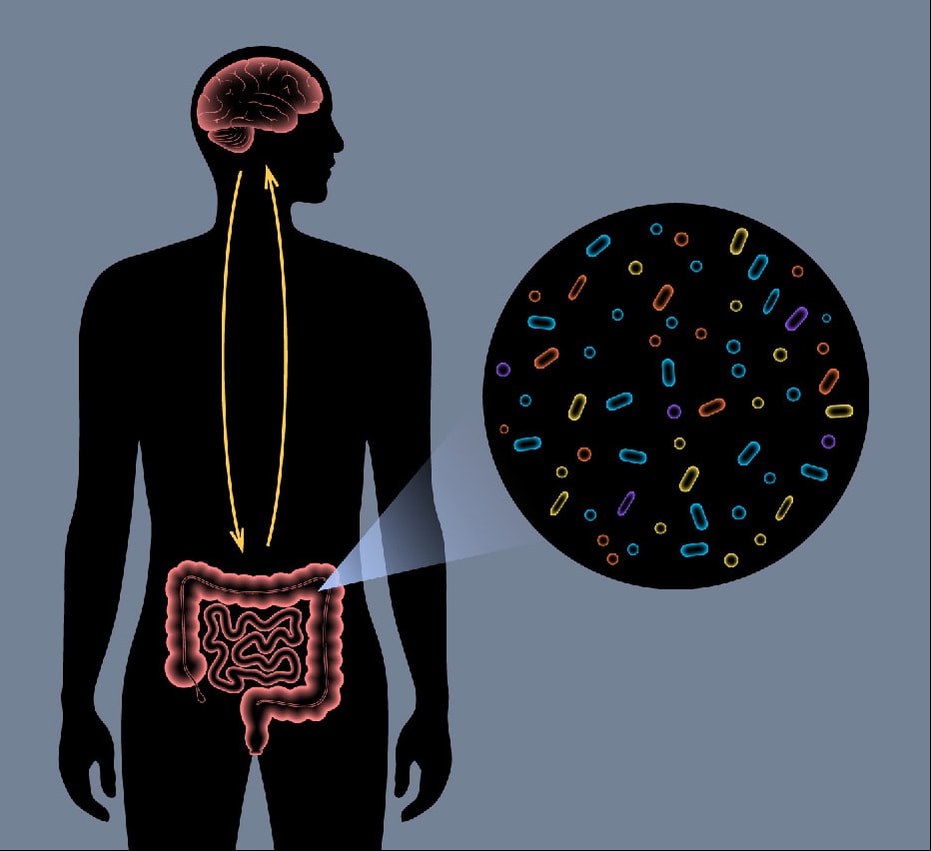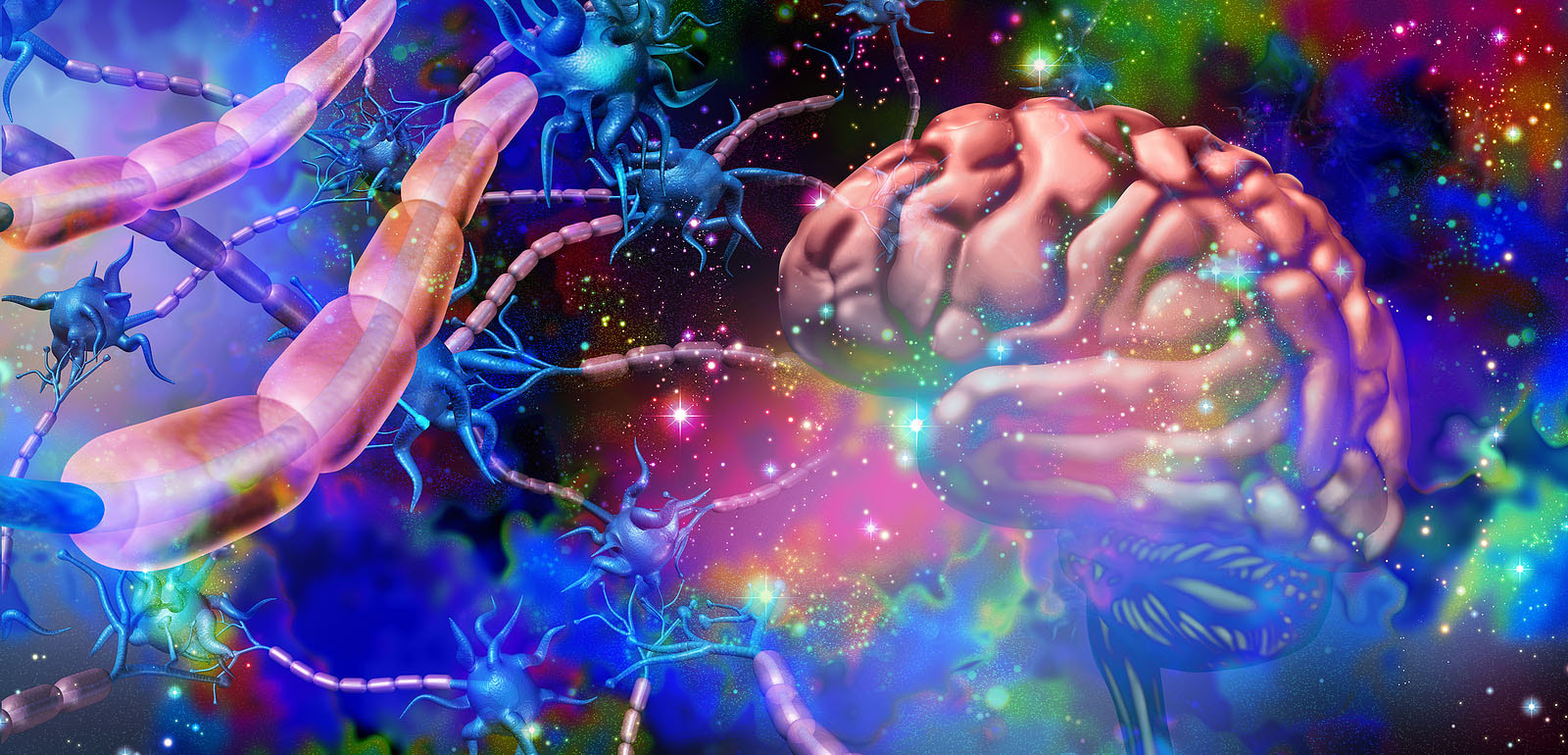|
0 Comments
With numerous symptoms that challenge their lives every day, multiple sclerosis (MS) patients also appear to suffer almost twice as many migraine events as their healthy counterparts. According to a soon-to-be-published study, this represents nearly 24% of individuals with a MS diagnosis.
We now know a lot about the impact of adverse childhood experiences on future mental health and physical health. People react differently to stressors of all types, and early life experiences can play a critical role in people’s physiologic “set-up” to cope with stress later in life.
As recently reported, multiple sclerosis patients in the U.S. (age 22+) can with a prescription now obtain the portable neuromodulation stimulator (PoNS) device, which could improve walking ability in individuals with mild to moderate disease activity.1
Once again, there’s more clinical evidence that dietary interventions can positively impact the course of many autoimmune diseases, including multiple sclerosis (MS).
In treating patients with any neurological disease, it’s important to look at each case on an individual basis – what is helpful for one person may not be valuable in another, based on any number of variables.
|
AuthorSuzanne Gazda M.D. Archives
July 2024
Categories |










 RSS Feed
RSS Feed